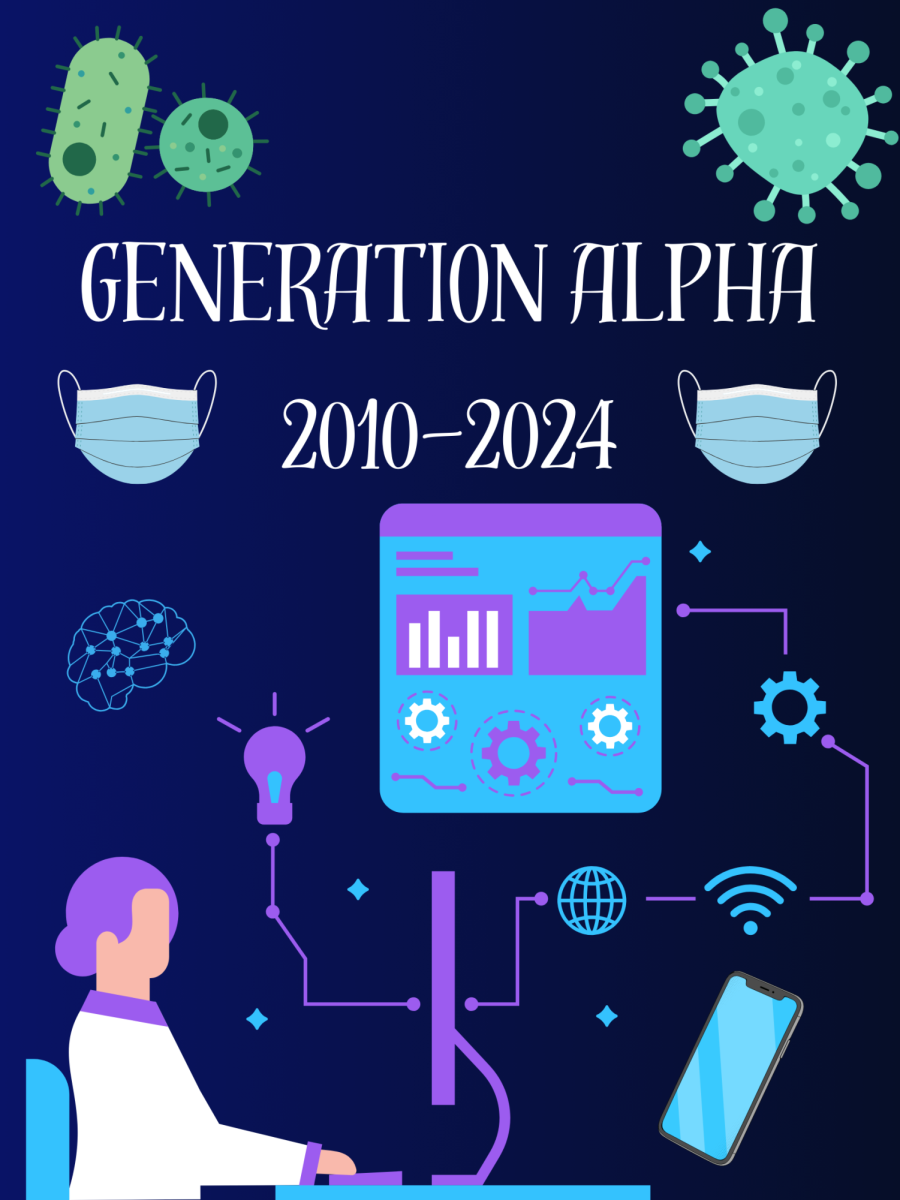It has become apparent that many educators are increasingly concerned about the poor education and behavior of children born in Generation Alpha. Gen Alpha refers to the youngest generation, born from 2010 to 2024.
During the global COVID-19 pandemic, many children from this generation were either in elementary school or entering/already in middle school. According to Walden University, elementary school is vital to a child’s education because it lays down the basic foundation for their social-emotional skills that will prepare them for later learning and life in general.
When the pandemic hit, it was in March of 2020 when most schools in the United States and other countries turned to remote learning. Millions of teachers and students with little to no experience were abruptly forced into virtual/distant learning. According to Ahsley Fell, a Director of Advisory for McCrindle Research, 84% of adults believe that COVID-19 will play a note-worthy role in shaping the children of Gen Alpha.
According to a study conducted by Berry College, in-person learning generates stronger social connections and academic comprehension, reduces distractions, allows for interaction, and creates an overall more structured atmosphere for students to obtain the best education possible. Unfortunately, many children in elementary school missed out on crucial developmental experiences during the pandemic.
Current high school students have noticed the difference in Gen Alpha’s academic performance. According to Keira Gallagher, a senior at WMC, “They didn’t receive the same type of education in elementary school that I did, which isn’t their fault.” Since many children in Gen Alpha were not able to get the socialization that they needed, many of them now struggle with their social skills and communication.
Many Gen Z educators have come to TikTok to share the various challenges in the classroom that were never this apparent before. Children in Gen Alpha are considered rude and disrespectful, with many elementary/middle school teachers questioning the way they are being raised.
Along with the children’s behavior issues, a teacher, @qbthedon on TikTok, says, “I teach seventh grade. They are still performing on a fourth-grade level.” A lot of this lack of education stems from the rise of technology.
Technology has become an integral component of everyone’s everyday life. One of the most evident impacts of technology is it decreases the attention spans of these growing children. The children have everything they need right on the device they are given. Playing on an Xbox instead of jumping on a trampoline has become one of the new societal norms. Gen Alpa won’t be able to experience a life without technology, which is one of the greatest concerns people have for this generation.
According to NBC News, parents and Gen Alpha kids are having unintelligible conversations because of
“brain rot” language and a particularly unhinged quality of slang words. This conflict ties in with the behavioral and social issues many children are facing due to their excessive time online on apps like TikTok and YouTube. Per the Annie E. Casey Foundation, it was discovered that 43% of kids in this generation have a tablet before the age of six, and 58% have a smartphone before the age of ten.
A psychology teacher at WMC, Mrs. Feltmann, explains, “…it’s also the brain development at that age that makes it a challenge for younger children in the middle school age range to use social media in a way that is discerning because the prefrontal cortex and frontal lobes are not fully developed in middle school-aged children. So they see something and might not be a critical thinker about it unless they are explicitly taught to do so.” Feltmann highlights the concerns she has for the development of these children since their brains are so malleable and vulnerable.
Although many people are referring to this issue as an education crisis, it is important to remain optimistic. In fact, Ashley Fell cites that 78% of adults believe the pandemic and all of the obstacles Gen Alpha has already faced will make them more resilient. Amidst change and uncertainty, maintaining a stable and structured environment will enable these kids to thrive in the future.
































